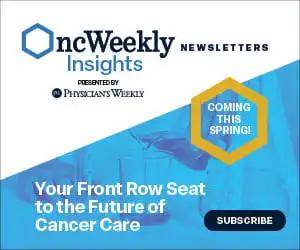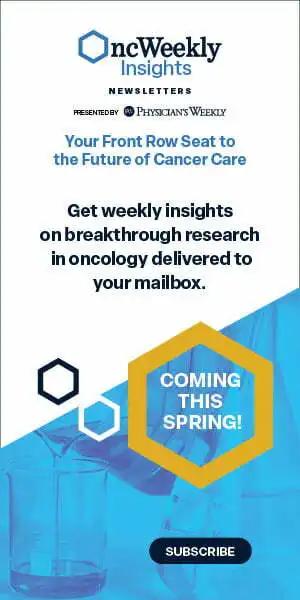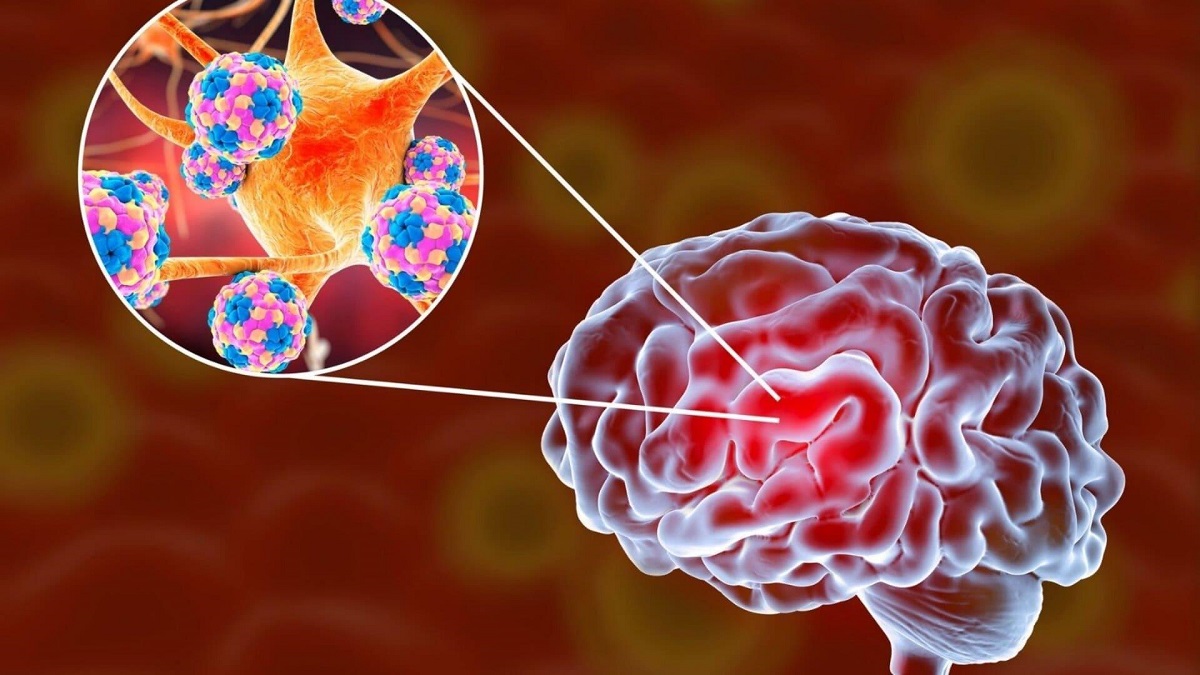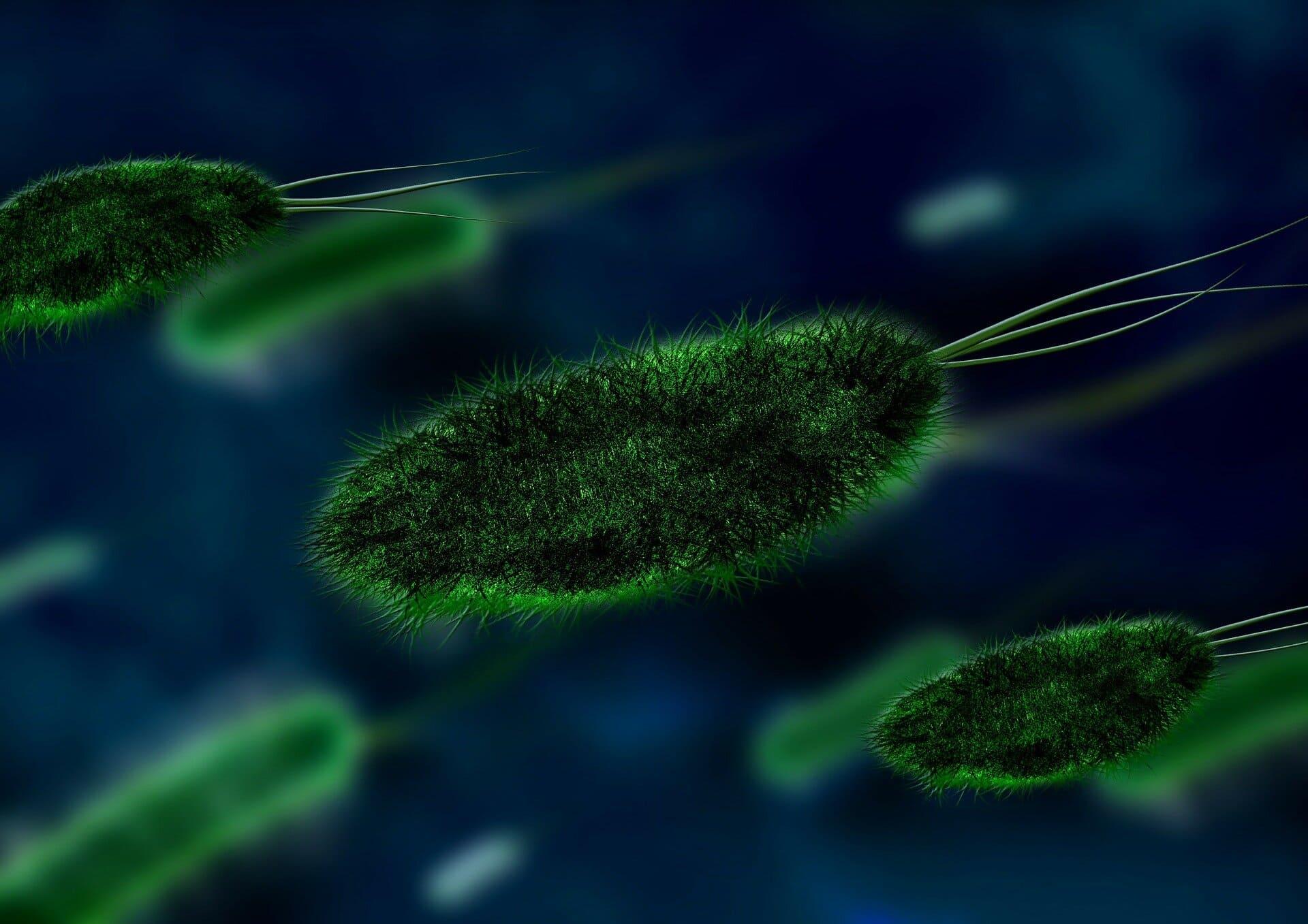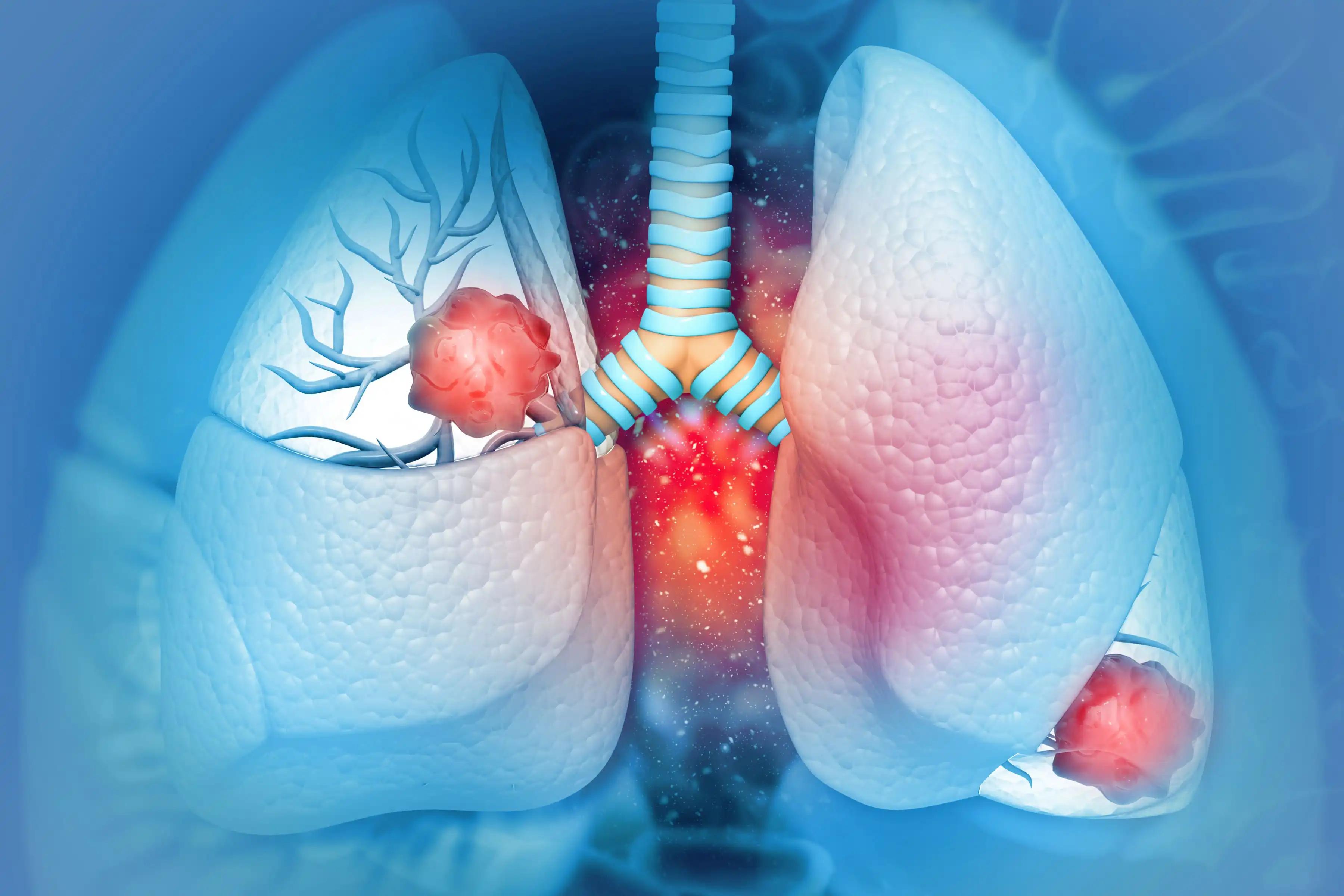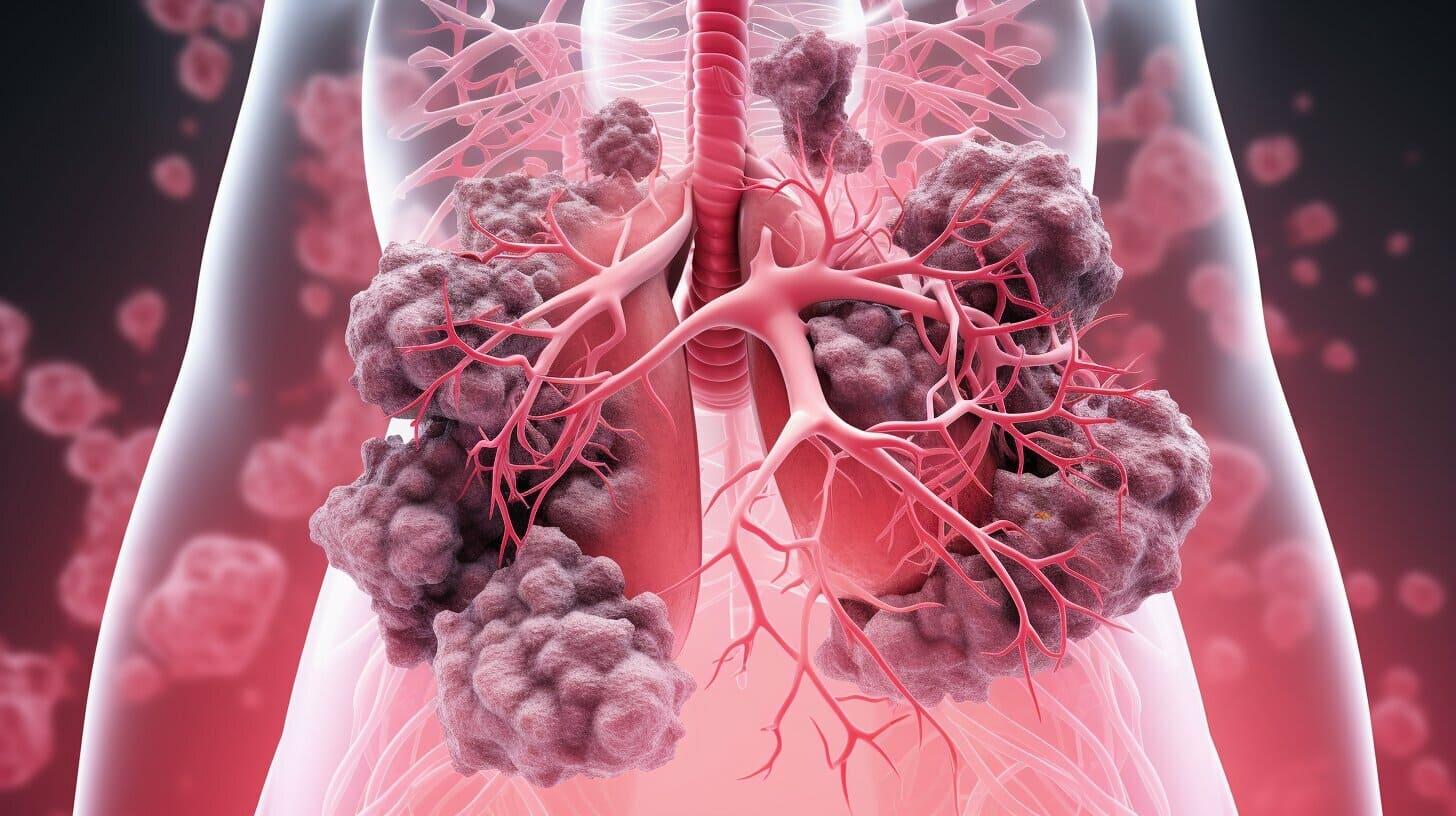KEY TAKEAWAYS
- A phase I trial analyzed the outcomes for BRL-201, a nonviral PD1-integrated anti-CD19 CAR-T therapy in re/re non-Hodgkin’s lymphoma patients.
- Primary endpoint: The incidence of dose-limiting toxicities (DLT). Secondary endpoint: The objective response rate (ORR) at 3 months.
- BRL-201 shows a durable response in heavily treated r/r B-NHL, supporting its favorable benefit-risk profile.
Agroundbreaking approach was devised to produce non-viral, genome-specific integrated CAR-T cells using CRISPR/Cas9, eliminating the need for virus usage and random integration. The latest data from the Phase I trial of non-viral PD1 locus specifically integrated anti-CD19 CAR-T cells (BRL-201) in patients with relapsed/refractory (r/r) Non-Hodgkin’s lymphoma is now provided (NCT04213469).
Leukapheresis and lymphodepletion chemotherapy with cyclophosphamide (500mg/m2, D -3 to -2) and fludarabine (30mg/m2, D -4 to -2) preceded BRL-201 infusion in adult patients with relapsed/refractory B-cell non-Hodgkin’s lymphoma (r/r B-NHL). Dose escalation, following the 3+3 escalation rule, encompassed three cohorts: 2×106/kg, 4×106/kg, and 6×106/kg. The primary endpoint focused on the incidence of dose-limiting toxicities (DLT), with the secondary endpoint evaluating the objective response rate (ORR) at 3 months.
From May 3, 2020, to August 10, 2021, 25 r/r B-NHL patients were enrolled, of whom 21, median age 56, received BRL-201 after 4 prior therapies. Of the treated patients, 93.8% were diagnosed with disease stage III or IV, and 81.3% were assessed with intermediate to high risk based on IPI or aaIPI scores.
As of May 17, 2023, with a median follow-up of 29.0 months (21.5–36.2 m), all 21 patients exhibited an objective response to BRL-201, and 85.7% achieved a complete response (CR) as their best response. Seven patients maintained CR at the data cut-off date. For all 21 patients, the median duration of response (DOR) stood at 15.1 months (95% CI: 5.9, NA). Progression-free survival (PFS) reached a median of 20.8 months (95% CI: 8.2, NA), and the median overall survival (OS) was not reached, achieving a 12-month OS rate of 76.2% (95% CI: 60%, 96.8%).
Among the patients, 66.7% experienced grade 1–2 cytokine release syndrome (CRS), with only one patient receiving tocilizumab. Additionally, 19.0% encountered grade 1–2 immune effector cell-associated neurotoxicity syndrome (ICANS). Importantly, no instances of grade 3–4 CRS or ICANS were observed.
This study introduced a unique form of non-viral genome-specific targeted CAR-T cells to heavily treated relapsed/refractory B-cell non-Hodgkin’s lymphoma (r/r B-NHL) patients in China.
BRL-201 exhibited enduring responses, yielding a median progression-free survival (PFS) of 20.8 months and a 12-month overall survival (OS) rate of 76.2%, alongside a manageable safety profile. These findings further affirm the compelling clinical benefit-risk profile of BRL-201 for patients with r/r B-NHL.
Source: https://jitc.bmj.com/content/11/Suppl_1/A782
Clinical Trial: https://clinicaltrials.gov/study/NCT04213469
Zheng B, Hu Y, Zhang J, et al690 High safety and efficacy of CRISPR-Based non-viral PD1 locus specific Integrated Anti-CD19 CAR-T cells (BRL-201) in treating relapsed or refractory non-Hodgkin’s lymphoma: first-in-human phase I studyJournal for ImmunoTherapy of Cancer 2023;11:doi: 10.1136/jitc-2023-SITC2023.0690.




